It’s back to the drawing board on DEI, says 30% Club founder Helena Morrissey
The British Conservative peer is not backing away from her work getting more women on leading boards but says corporations have made mistakes on DEI.
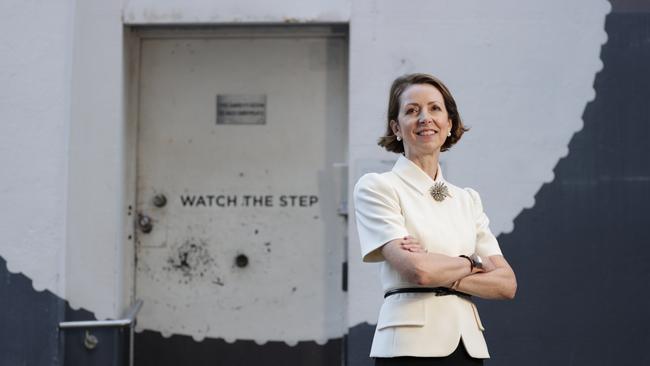
Fifteen years after she launched a campaign to get more women on corporate boards, Baroness Helena Morrissey says it’s time to clean up the identity politics and political correctness that have prompted a backlash to diversity, equity and inclusion.
“The idea was never to replace one form of discrimination with another, but that’s the impression that some people got, that if you were a white, affluent, straight man you were less likely to get a job, or less likely to get an opportunity or promotion,” she says.
The British Conservative peer, who has an impressive business CV, is not backing away from her work as founder of the 30% Club – designed to get that percentage of women on leading boards – but says the pushback from people such as US President Donald Trump has revealed corporations made mistakes on DEI.
“Some DEI efforts unfortunately went in the wrong direction,” she says. “They weren’t about actually improving inclusiveness and improving diversity but were perceived, at least, to be more about identity politics.
“You’ve got young men obviously feeling that the women’s movement has gone too far, you’ve got women thinking it’s not gone far enough. Now we have a chance to rethink that, to make sure that everything we do is about improving businesses, about improving meritocracy, about making sure that everybody has opportunity.”
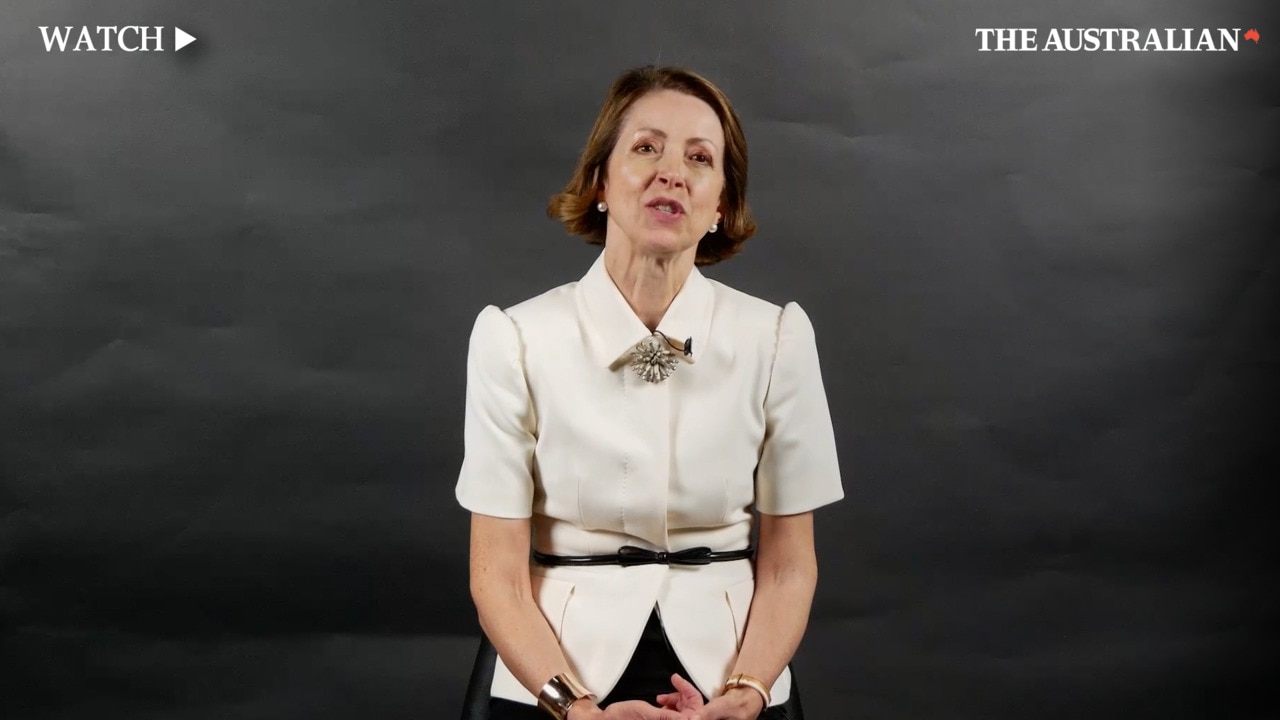
Morrissey, 59, who with husband Richard has nine children, is an extraordinary role model for the women she champions.
The couple both worked in the early years of their marriage, but Richard, a former financial journalist, later opted for the full-time lead parent role as she pursued a career in financial investment management and as a company director. Morrissey has an extensive board portfolio and visited Australia as a non-executive director of the CT Group, the political and business consultancy founded by Sir Lynton Crosby and Mark Textor.
Through the years she has featured in a slew of profiles lauding her as a mega-mum as well as a mega-CEO, but she’s well aware of the double standard that operates when men take the stay-at-home role. “For many years I’d say my husband was the only dad at the school gate and people always patted him on the back as being, you know, marvellous. I mean, he is marvellous!” she says.
“But you’re right that the female equivalent would have been … seen as sort of downtrodden. So yes, I think we have double standards and I think we’re not going to get gender equality at work until it’s more shared at home.”
Her personal life helped with press coverage when she launched the 30% Club in the aftermath of the GST in 2008, when 10 per cent of directors on British listed company boards were women. She didn’t back quotas, but there was pushback. “I had a misogynistic stalker, I had hate mail, I had men shouting at me saying I was going to destroy British business,” she says. “My response was to try to win hearts and minds and persuade people, not by telling them where they were wrong, but trying to show them.”
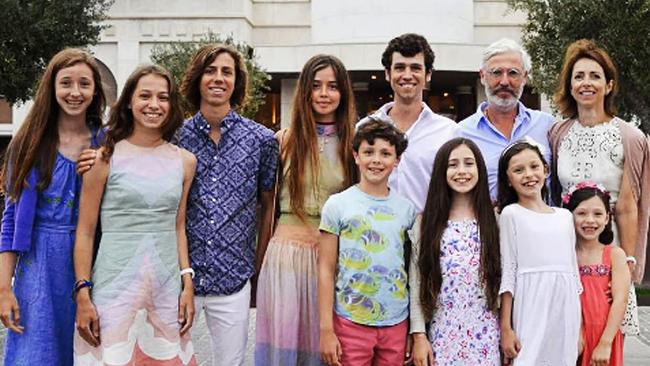
The 30% Club was set up in Australia a decade ago, and during her visit Morrissey spoke to senior female advocates in Sydney and Melbourne: British boards are now 45 per cent women, while here female directors comprise about 37 per cent of board members.
Morrissey, who spoke to multinational groups during her visit, says the aftermath of the financial crisis was the right time to move on board equity but suggests “today, I would say, there are other key issues to work on”.
“I do think we need to choose our words carefully, get back to basics, re-establish the business case (on DEI) and be very thoughtful about every initiative that we take,” Morrissey says. “I think you have to go back to the drawing board and reflect on mistakes made, and also what the purpose or the idea, the intent was all along.”
Morrissey, who was created a life peer in 2020, says she takes criticism of her big family “on the chin”. “I’ve had people (who say) it’s bad for the climate; it’s quite a nihilistic perspective,” she tells The Australian. “We’ve got to the point where we think people are just a drain on resources and not contributing, (and) that’s a real shame.”
She has called for a focus on family and says: “One of the things that’s problematic in society is a lot of people feel very untethered. They feel very isolated, atomised, corks bobbing along the sea. I think a lot of that is because we’ve de-emphasised the family unit.
“I’m not advocating everyone has lots of children like me, but I think it’s very important (there’s a) family unit, where you have values enforced, where people spend time as young children feeling secure and understand their place in the world. Obviously it’s not an essential part of having a fulfilling and happy life, but we are all part of a family, whether it’s the family we’re from or the family we have, (and) I feel that having a core of family values, whether it’s in a birth family or whether it’s through friendships (is important).”
She agrees many people, including conservative politicians, are afraid of using the word family because it sounds old-fashioned, but she’s equally unafraid of another old-fashioned word: character. Our free-enterprise world needs much more of it, she suggests. Regulation can ensure business behaves, but “what we really want is people to do (the right thing) because they believe it”.
“I’m going to use the word moral; there’s a moral compass,” Morrissey says. “It sounds a bit cliched, but if you’re doing the right thing you don’t really need someone standing over you with a rule book, do you? I’m not saying don’t have any regulations, but I’m saying principles are the right thing, and then you need to make sure the people you’re hiring have good character and will make sound judgments and be thoughtful.”
Asked to define character, Morrissey says: “It’s kind of awkward to talk about Judeo-Christian values, but it really does come back to those values of treating people as you would like to be treated yourself, not judging people … not lying, not having envy. This is all very Ten Commandments.
“You don’t have to be religious to have good character, obviously, but it is down to actually having a sense of what’s right and wrong.”
She finds most people don’t disagree with the need for character in business, but many don’t like the terminology. To which the baroness says: “If the world was all great, if we were all moseying along absolutely fine … keep with your language and keep with your rules. But actually we’re not. We’ve drifted away from a sense of purpose.
“The most successful business people I know have got moral courage and encourage that in the people who work for them.”
She sees an important intersection between politics and business and says: “Any company that ignores politics – I don’t know how they could really, given what’s going on – is doing that at its vast peril. Lots of big businesses say they don’t want to get involved in politics at all, that is not an option these days. You don’t have to be (partisan), but you do have to be in tune with what’s happening … I think it’s the intersection of the two (business and politics) where you can find solutions now.”
The world’s stockmarkets are in turmoil as Morrissey talks about the Trump effect and whether the US President is on the right track.
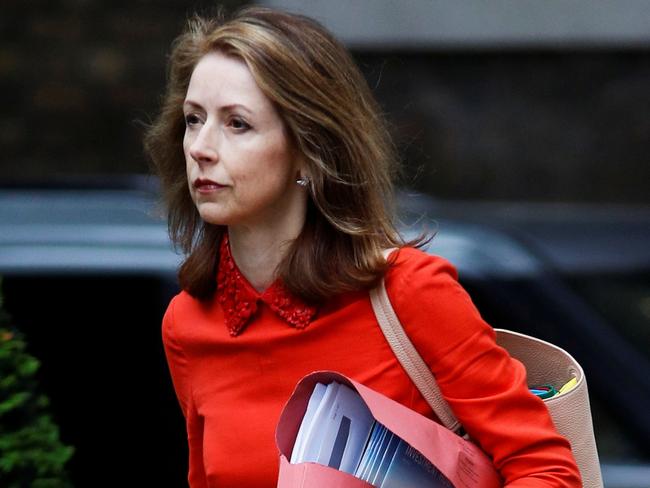
“I actually don’t think it matters whether he’s right or wrong in the sense that he’s going to do it,” she says. “He’s obviously got this reset agenda and we could take issue with all elements of his reset agenda – turning back globalisation; shifting gears so that it’s Main Street, not Wall Street; ensuring America has a different place in the world. (But) his priorities are just different, he’s going to be focused on the bottom 50 per cent.
“I think he’s serious about that. Economists are going to tell him he’s wrong, and markets are going to tell him he’s wrong, and they’re going to say everyone’s going to be poorer, but he’s got a different agenda. I think it is a fundamental shift, but what we should be doing is standing back and saying, ‘OK, how can we navigate our way through? What are the things we can control? What are the alliances we can create? What are the opportunities that exist?’
“Because in any time of change, there’s always an opportunity. I’m not complacent, but everyone’s assuming there will be a trade war … but that’s not necessarily the way it’s all going to go.”
Morrissey says British Labour Prime Minister Sir Keir Starmer is doing a good job on global issues: “He has been very measured about response to the tariffs, not panicking, not saying it’s all over, but just saying, ‘OK, we’re going to work out what it means for the UK economy.’ I think (the British government) is doing a good job in terms of standing out and saying, ‘Actually, there is a new role for Britain to play.’”
Morrissey backed Brexit nine years ago (“I’m not ashamed to admit that”) and says while Britain didn’t make the most of its freedoms back then, lower tariffs now mean it has a different role to play. The British economy can thrive “if you create the right conditions”, whether it’s in or out of the EU, she argues. “We’ve gone through some of the very difficult years in our relationship with the EU, (but) Britain is part of Europe and I think we can play a great part in what happens next,” she says.
“And it doesn’t really matter if we’re outside the EU. I think it’s very clear to a lot of people that Britain has a new role to play outside the EU. We’re very much part of Europe. We’re leading the charge in terms of trying to create a coalition of the willing to help out Ukraine, but we’re also working with the States and Donald Trump and having a different relationship. We’re seen as somewhat distinct, another voice in the mix, as well as that of the EU.”
Morrissey is less supportive of Labour when it comes to domestic economic policies, saying: “We haven’t got the right tax policies. We left government after 14 years with the highest tax burden for households for 70 years, so I’m not claiming it was all Labour’s fault.”
Indeed, she says after 14 years of Tory rule it was hard to distinguish between Tory and Labour tax policies. Even so, she suggests the National Insurance increase in employer contributions that came into effect this week will be a £25bn ($52bn) cost to businesses and “an own goal” for Britain.
“If you raise the tax rate so high that the wealthy people leave the country, people stop being entrepreneurial … you end up with people just not trying,” she says. “There’s got to be much more pro-growth taxation policies.”
Her own party is struggling for cut-through under new leader Kemi Badenoch, but Morrissey says the chances of a Nigel Farage takeover are “very low”, although the four years to the next election “is a long time”.
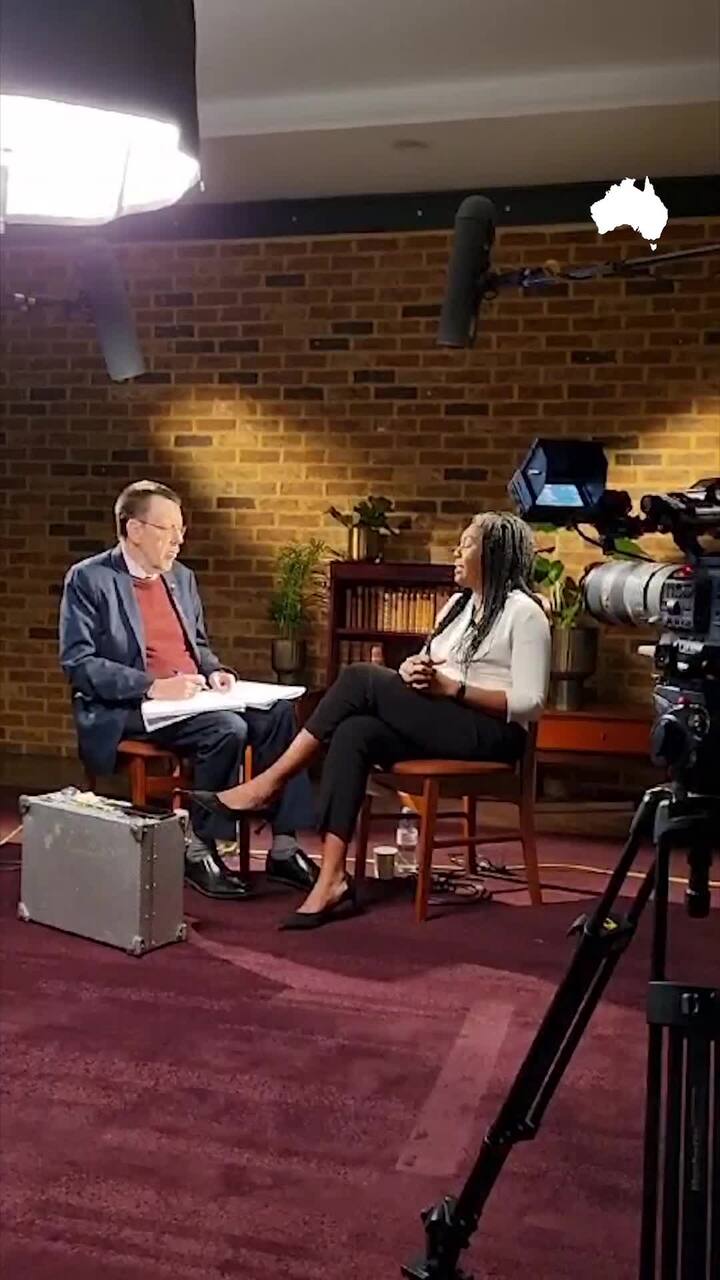
The Conservatives’ drift from core values on issues such as tax had created a vacuum for Reform UK, but “things seem to be going backwards for Farage at the moment … they seem like every other party with big infighting problems”. Could Farage come to dominate the Tories as Trump has dominated the Republicans? “I would say right now, the chances are very low,” Morrissey says. “But he is a disrupter, he is a survivor, and four years is a long time.”
She says while Badenoch has been criticised for not rushing to “set out her stall”, the new leader needed time. “She hasn’t done particularly well in parliamentary and Prime Minister’s question times … because that comes across as like a bit of a game of trying to get down the other person.
“So I have said to her – I know her a little bit – you’ve got to take a step back from it and think about how it all stacks together to form a proper plan from a Conservative (point of view) because it’s anyone’s guess what happens at the next election.”
Morrissey argues that the Conservatives have already been pushed more to the right by Reform UK in an effort to differentiate the party from Labour, but “at the moment, there’s no sort of coherency around it”.




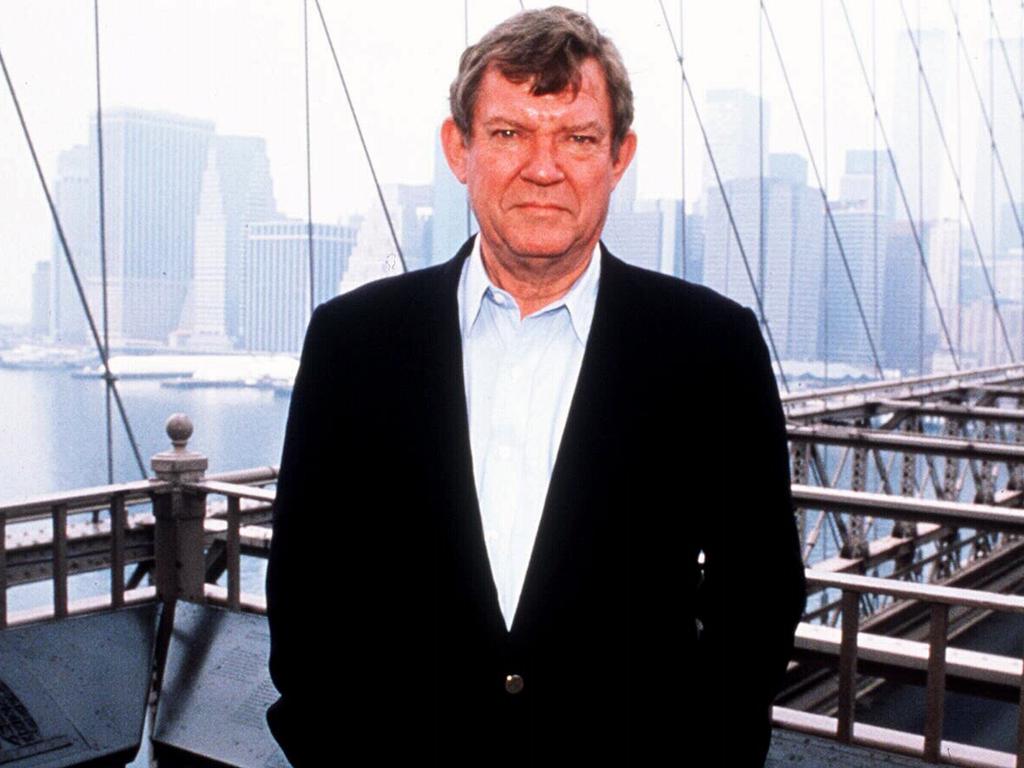
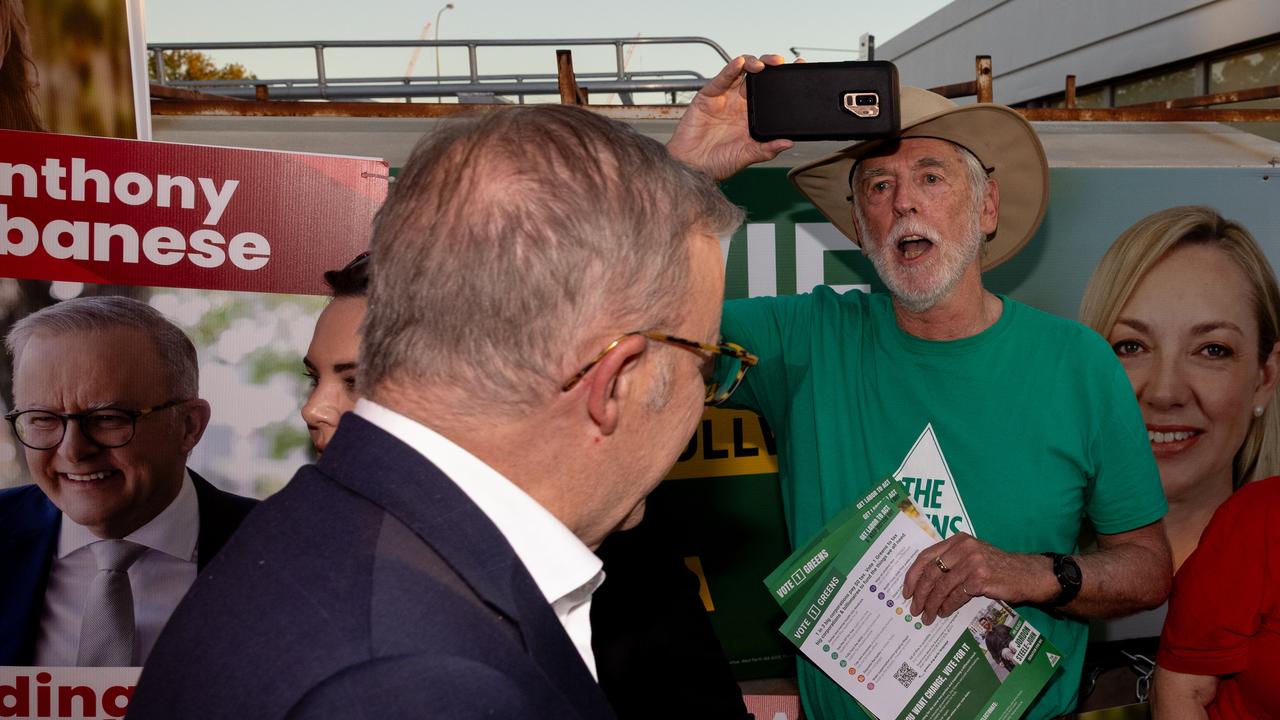
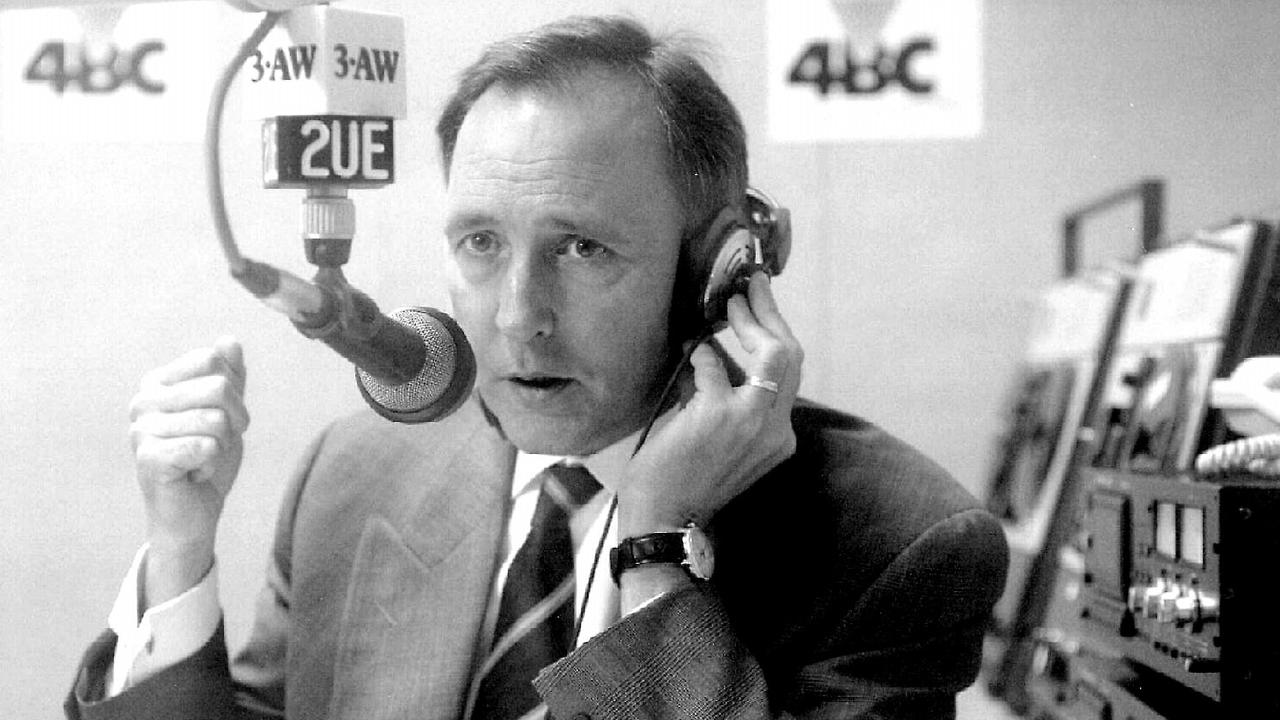
To join the conversation, please log in. Don't have an account? Register
Join the conversation, you are commenting as Logout